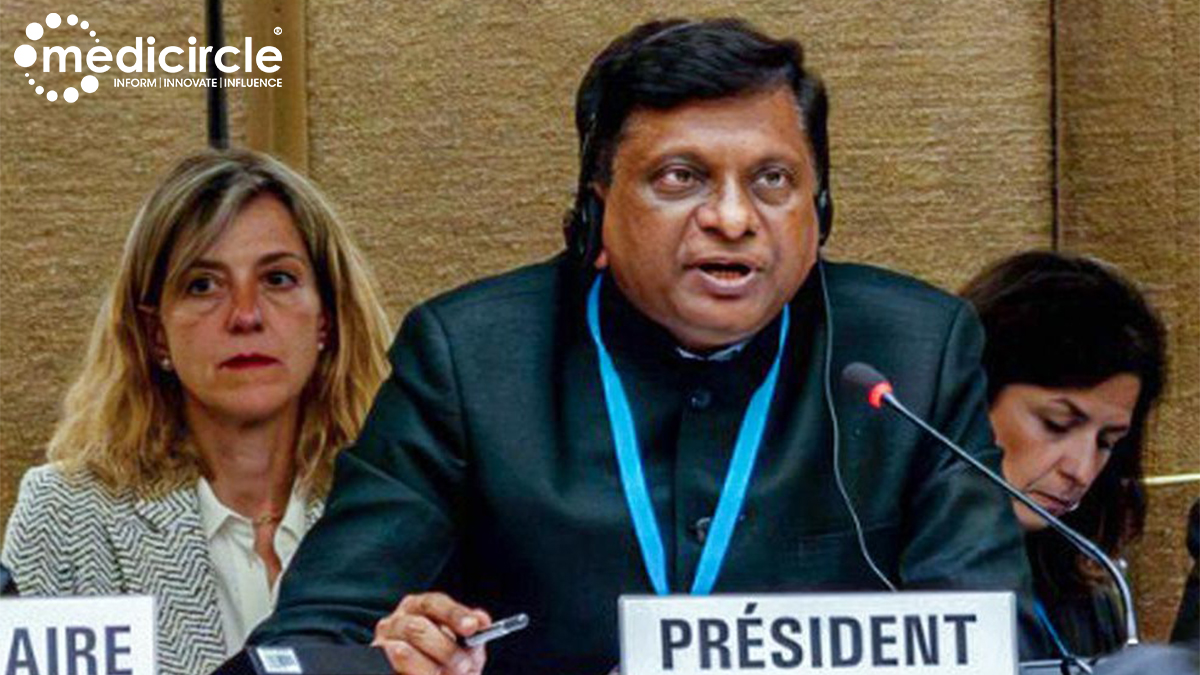India took center stage at a recent event focusing on the health of women, children, and adolescents, held on the sidelines of the 77th World Health Assembly in Geneva. The event was a collaborative effort involving Norway, UNICEF, UNFPA, and the Partnership for Maternal, Newborn and Child Health (PMNCH), aiming to drive investment and policy changes beneficial to these groups while sharing new research findings.
India's Progress in Health Initiatives
Union Health Secretary Apurva Chandra, leading the Indian delegation, showcased India's significant strides in the health sector, particularly regarding initiatives aimed at improving adolescent health. Highlighting the country's ongoing commitment, Chandra detailed several programs and initiatives designed to enhance the well-being of women, children, and adolescents.
Key Health Programs and Initiatives
1. Reproductive and Child Health (RCH) Initiatives: These programs are designed to provide comprehensive reproductive and child health services. They focus on maternal health, family planning, and child health, aiming to reduce maternal and child mortality rates and improve the overall health of these vulnerable groups.
2. Rashtriya Kishor Swasthya Karyakram (RKSK): This national adolescent health program focuses on a range of health issues affecting adolescents, including nutrition, mental health, substance abuse, and reproductive health. The program seeks to empower adolescents with knowledge and services to lead healthier lives.
3. TeleManas Initiative: Recognizing the critical importance of mental health, the TeleManas initiative provides telemedicine services to support mental health care. This program aims to make mental health services more accessible, particularly for adolescents, through remote consultations and support.
The Importance of Effective Communication
Chandra emphasized the necessity of effective communication strategies to reach adolescents. With the advent of digital technology, there are now more opportunities to connect with young people through platforms they use daily. Engaging and educating them about health issues in a relatable and accessible manner is crucial for the success of health initiatives.
Involving Youth in Health Planning
Another key point highlighted by Chandra was the importance of involving youth representatives in the planning and implementation of health programs. Young people bring fresh perspectives and can help ensure that the programs are relevant and effective. Their involvement also encourages a sense of ownership and responsibility towards their health and the health of their peers.
Global Collaboration and Support
The event highlighted the importance of global collaboration in tackling health issues affecting women, children, and adolescents. By working together, countries and organizations can share best practices, pool resources, and implement effective strategies on a larger scale. The collaboration with Norway, UNICEF, UNFPA, and PMNCH is a testament to this approach.
As India continues to advance its health initiatives, the focus remains on ensuring that these programs are inclusive and effective. Continuous evaluation and adaptation of strategies are essential to address emerging health challenges and to ensure that the benefits reach all segments of the population, especially the most vulnerable.
India's proactive approach to improving the health of women, children, and adolescents is commendable. Through targeted programs, effective communication, and the involvement of young people in health planning, India is making significant strides in this vital area. The recent event at the World Health Assembly highlighted not only India's progress but also the importance of global collaboration in achieving health equity and improving outcomes for all.

 The event highlighted the importance of global collaboration in tackling health issues affecting women, children, and adolescents.
The event highlighted the importance of global collaboration in tackling health issues affecting women, children, and adolescents.










.jpeg)




.jpeg)

.jpg)













